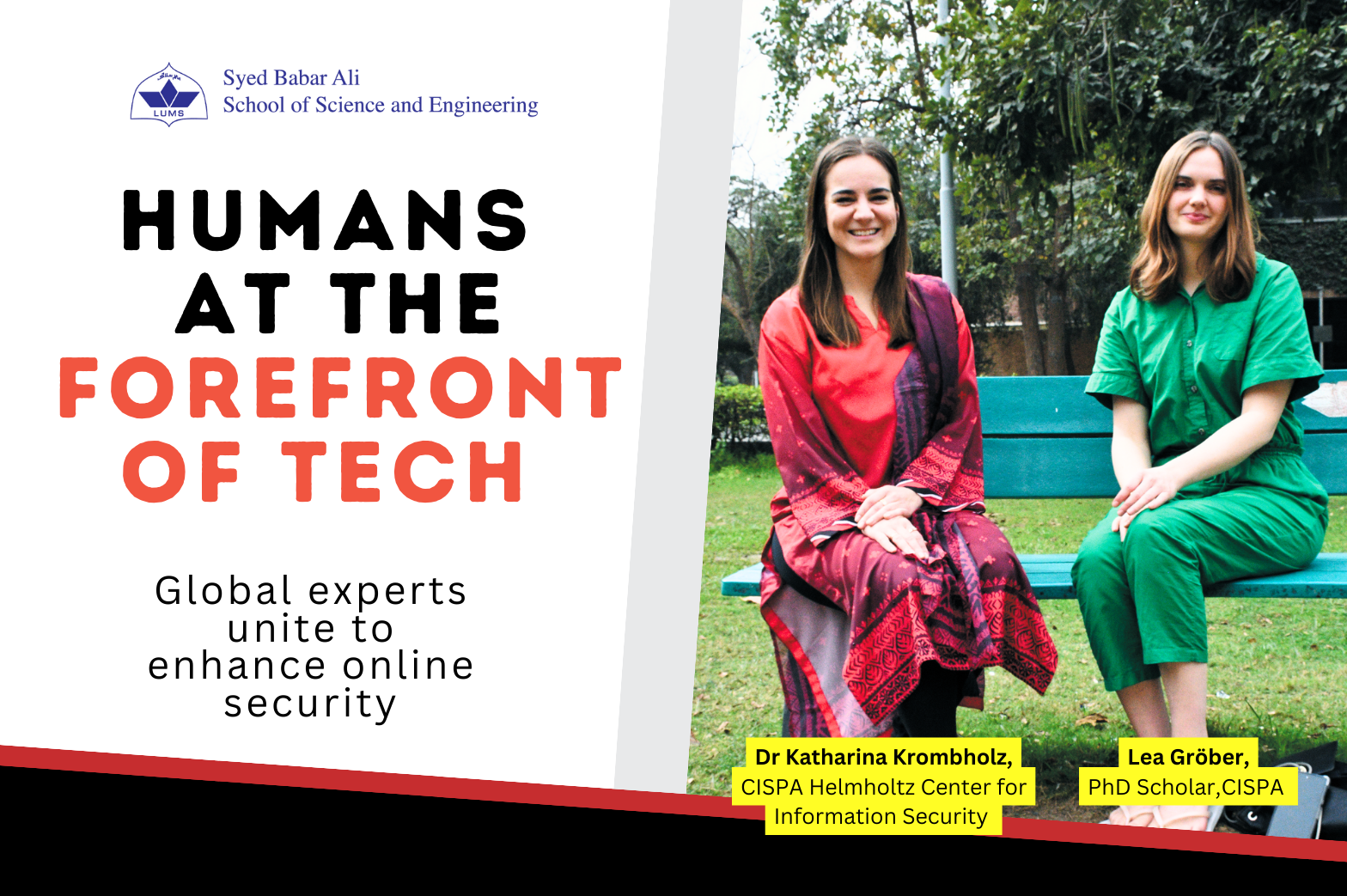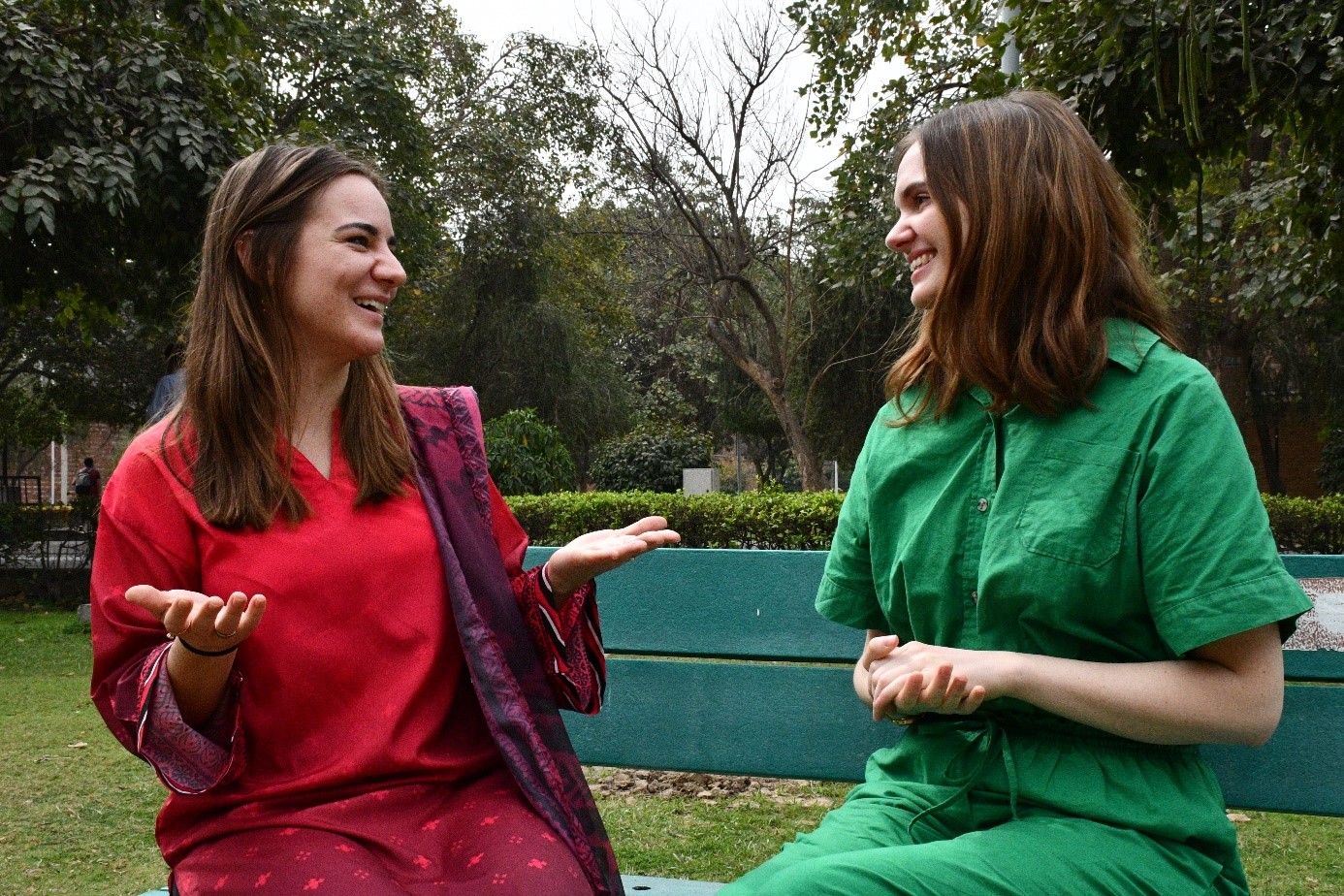
Humans at the Forefront of Tech: Global Experts Unite to Enhance Online Security
When was the last time you carefully read the terms and conditions on an application or web browser before ticking it off? Can't remember? Well, you are not alone. The issue is that users are often confronted with decisions they struggle to make due to a lack of understanding in security concerns, leaving them vulnerable to attacks.
Addressing this emerging challenge is the field of User-Centric Information Security, which focuses on understanding and addressing the human aspects and behaviours that influence information security and privacy measures.
Dr Katharina Krombholz, a tenured faculty member at the CISPA Helmholtz Center for Information Security, a renowned German national Big Science Institution, is particularly passionate about this area of research. When she got the opportunity to collaborate with international experts in this field, she eagerly jumped on board, unaware that this journey would also ignite a newfound love for the country she was about to visit Pakistan.
It all started with a project funded by the European Union (EU) last year, where researchers from around the world and Pakistan converged at the Lahore University of Management Science (LUMS) to brainstorm ideas for improving the curriculum for future generations of computer scientists, with a focus on human security. Human errors often find their way into the programs we design, making systems vulnerable. The connections formed between Dr Katharina and the faculty at LUMS' Department of Computer Science brought her back to Pakistan for another six weeks.
During this extended stay, she taught human factors, information security, and privacy in two courses at SBASSE: Network Security by Dr Mobin Javed and Human-Computer Interaction by Dr Maryam Mustafa. In addition, Dr Katharina, alongside her colleagues at LUMS and other partner universities across Pakistan and Europe, was actively working on another project proposal seeking funding from the EU to enhance the curriculum further. Dr Katharina believes such projects are instrumental in establishing long-term collaborations that result in great advancements.
Dr Katharina is also conducting user studies with Dr Maryam, focusing on online security threats faced by Pakistan's content creators and social media influencers. This unique group is particularly exposed to the public eye, making them prominent targets for security threats. The initial phase of this research aims to understand the specific security threats the influencers encounter. The analysis aims to make technology, which is intrinsically Western-oriented, more non-Western friendly by implementing distinct integration tactics and mechanisms.
To support their research efforts, Dr Katharina has involved her PhD students, Mathias Fassi and Lea Gröber, while Dr Maryam's undergraduate students have played pivotal roles as exemplary research assistants. Dr Katharina hopes to continue enabling the exchange of researchers and interns between Pakistan and Germany.

Despite her relatively short trip to Pakistan, Dr Katharina has initiated multiple endeavors that have established a long-term relationship with LUMS. When asked to express her thoughts at the end of the interview, Dr Katharina warmly acknowledged that the write-up should reflect her love for Pakistan.
"I really, really like it here and the people. It truly feels like a second home. The LUMS spirit is genuinely amazing to experience, and the students are exceptionally bright and motivated. I always feel that every discussion I engage in yields something fruitful for everyone involved. This is what truly sets LUMS apart, as it is a place where brilliant minds converge, and ideas can flourish." – Dr Katharina Krombholz.

